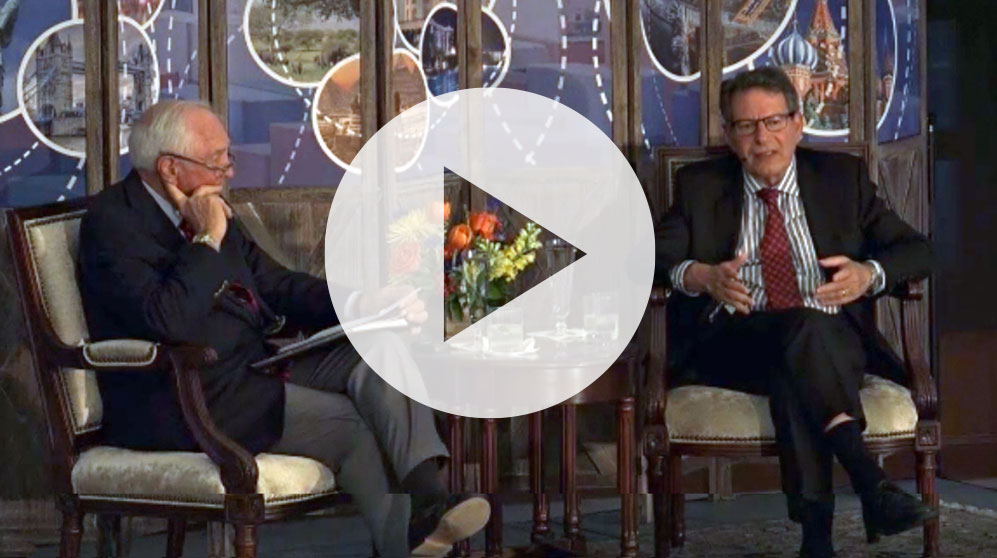What’s a Central Banker To Do?
• 3 min read
- Brief: Global Economy

Get the latest in Research & Insights
Sign up to receive an email summary of new articles posted to AMG Research & Insights.

October’s economic news hasn’t simplified the Federal Reserve’s (FED) job.
Throughout 2023, the central bank has been tightening monetary policy—raising interest rates to slow economic activity and reduce upward pressure on the general level of prices.
But three of the most noteworthy data releases this month showed the continuation of a strong jobs market, robust consumer spending, and unacceptably high inflation.
Let’s examine each of these:
Employment: The Bureau of Labor Statistics (BLS) reports that nonfarm payroll employment increased by 336,000 in September, with job gains occurring widely throughout the economy. This was nearly twice the forecast consensus of professional economic analysts. In addition, the unemployment rate remained at a low 3.8%, while the labor force participation rate stayed at its post-pandemic peak of 62.8%. There’s a little cold water to throw on the jobs number, however. Other employment surveys, namely the BLS’s own household survey and ADP’s business survey, indicate that job gains were closer to 90,000. Still, these probably understate employment strength.
Consumer spending: Job growth has remained strong because of a higher demand for labor, with the number of unfilled job openings at about 1.5 times the number of unemployed people looking for work. Simply put, that’s because the total demand for economic output has been strong. Take, for example, consumers—who account for more than two-thirds of the total demand for economic production. The most recent figures related to consumer spending come from the Census Bureau’s advance release of September’s retail sales. It shows total retail sales up 0.7% for the month (8.7% annualized). Even taking out a banner month for vehicle sales, the monthly gain was 0.6%.
Inflation. The BLS calculates that the Consumer Price Index (CPI) advanced 0.4% in September while the core CPI (which omits volatile food and energy prices) was up 0.3%. The 12-month increases for the indexes were 3.7% and 4.1%, respectively. So, although consumer price inflation is well below the 9% level reached in mid-2022, it remains well above the Fed’s 2% target.
Because Fed policymakers have repeatedly indicated that they will be guided by the data, no one should be surprised if the central bank boosts the federal funds rate (its short-term policy rate) at its meeting next week or in December. Yet, Fed Chairman Jerome Powell and other Fed policymakers have suggested it may be prudent to hold off on an additional rate hike until they can better judge the impact of previous increases on the economy and inflation.
At this point, another small increase is highly unlikely to have a major direct impact on the economy, but it may influence expectations and send a signal that the Fed is absolutely committed to its 2% inflation target.
HOW AMG CAN HELP
Not a client? Find out more about AMG’s Personal Financial Management (PFM) or to book a free consultation call 303-486-1475 or email us the best day and time to reach you.
This information is for general information use only. It is not tailored to any specific situation, is not intended to be investment, tax, financial, legal, or other advice and should not be relied on as such. AMG’s opinions are subject to change without notice, and this report may not be updated to reflect changes in opinion. Forecasts, estimates, and certain other information contained herein are based on proprietary research and should not be considered investment advice or a recommendation to buy, sell or hold any particular security, strategy, or investment product.
Get the latest in Research & Insights
Sign up to receive a weekly email summary of new articles posted to AMG Research & Insights.




